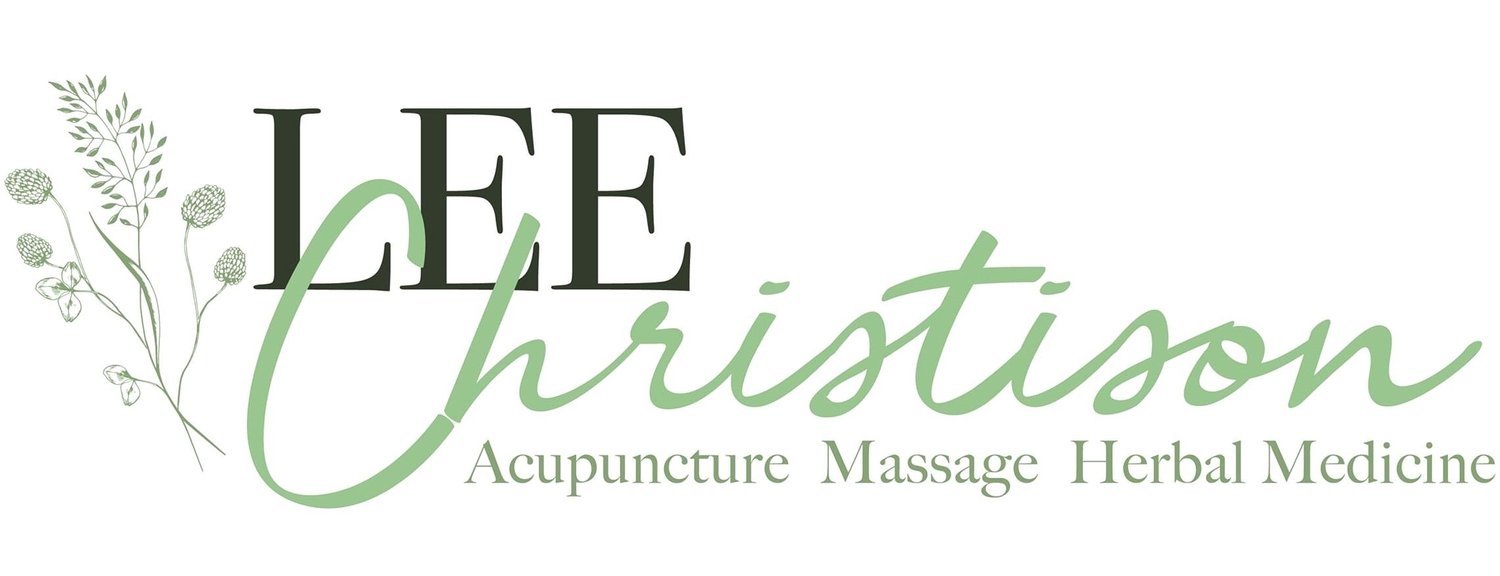When it comes to food, especially dairy, it's easy to get caught up in the debate over what's best for your health. In recent years, the A1 dairy protein has garnered attention, sparking discussions around its potential role in inflammation and food addiction. But what exactly is A1 dairy protein, and how might it impact your body?
Understanding A1 Dairy Protein
Cow’s milk is composed of two primary proteins: casein and whey. Casein, which makes up about 80% of the protein in milk, can be further classified into two types: A1 beta-casein and A2 beta-casein. The distinction between A1 and A2 milk originates from a genetic mutation in European dairy cows thousands of years ago, causing some cows to produce A1 beta-casein instead of the original A2 variant.
While both A1 and A2 proteins are naturally found in cow’s milk, some studies suggest that A1 milk may have adverse health effects, particularly in terms of inflammation and digestive issues.
A1 Protein and Inflammation
One of the most controversial aspects of A1 milk protein is its association with inflammation. When A1 beta-casein is digested, it breaks down into beta-casomorphin-7 (BCM-7), an opioid-like peptide. BCM-7 has been proposed to trigger an inflammatory response in the gut, which may contribute to conditions like irritable bowel syndrome (IBS), SIBO and some autoimmune disorders.
Chronic inflammation, if left unchecked, can lead to a range of health problems, including cardiovascular disease, type 2 diabetes, neurological conditions and pain. Research is still ongoing, however, people with lactose intolerance or sensitivity to dairy often report feeling better when switching to A2 milk or plant-based alternatives.
The Role of A1 Protein in Food Addiction
Another dimension of the A1 dairy protein conversation is its potential to contribute to food addiction. This is primarily due to the formation of BCM-7 during digestion. As an opioid-like compound, BCM-7 can bind to opioid receptors in the brain, which are also activated by addictive substances like sugar, caffeine, and drugs. This may explain why some individuals find it hard to resist cheese, milk, and other dairy products, as they can stimulate the release of dopamine, a neurotransmitter associated with pleasure and reward.
This connection is not to say that A1 milk is as addictive as drugs, but it does suggest that for some people, dairy can lead to compulsive eating behaviours. When combined with other highly palatable foods, such as sugary or processed items, dairy products rich in A1 protein could reinforce a cycle of food addiction.
A1 Protein and Digestive Sensitivities
For those who experience digestive discomfort after consuming dairy, it may not only be lactose intolerance but also a sensitivity to A1 beta-casein. Some studies have shown that individuals who switch from A1 to A2 milk report reduced symptoms such as bloating, diarrhoea and abdominal pain. This is particularly relevant for people with leaky gut syndrome, where the gut lining becomes more permeable and allows substances like BCM-7 to pass into the bloodstream, potentially aggravating inflammation and immune responses.
Final Thoughts
The science surrounding A1 dairy protein, inflammation, and food addiction is still evolving. While some people may not experience noticeable effects from A1 milk, others may find that it worsens their digestive issues or contributes to addictive eating patterns. As with many aspects of nutrition, there is no one-size-fits-all solution, and the best approach is to listen to your body and make choices that support your individual health needs.
If you suffer from digestive symptoms or think you may have food sensitivities, book a session with Lee to discuss your specific symptoms.
Lee has a special interest in helping clients overcome gut health issues through personalised, integrative approaches. With a deep understanding of the gut's critical role in overall well-being, Lee offers guidance on functional testing and diagnosis, dietary adjustments, elimination diets, and the incorporation of healing foods and supplements. Recognising the mind-body connection, Lee also emphasises stress management techniques such as massage, vagus nerve stimulation, acupuncture and mindfulness practices to support gut-brain balance. Through tailored lifestyle changes and evidence-based advice, Lee empowers clients to achieve optimal digestive health and vitality.







